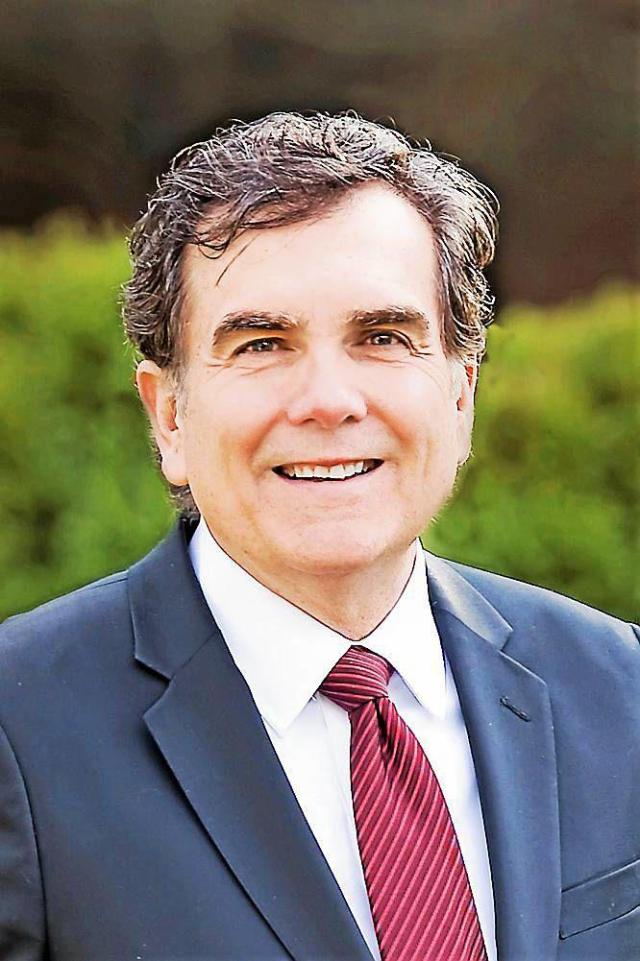Regardless of one’s life experiences, it is common to encounter periods where we feel trapped in a cycle of stagnation, unable to break free despite our best efforts.
This feeling of being stuck is amplified for individuals grappling with severe trauma. The emotional loop they find themselves in can seem inescapable, even after years of therapy, leading to self-blame and a sense of inadequacy.
It’s crucial to understand that there is nothing inherently wrong with those experiencing trauma. This struggle is a shared experience among many who have faced traumatic events, whether in childhood or adulthood, with varying degrees of memory retention.
The impact of trauma on our mental and emotional well-being stems from the intricate changes it induces in our brain’s neural pathways. These alterations create patterns of neurological functioning that lock us into coping mechanisms developed during the traumatic experience, hindering our ability to progress and heal.
Polyvagal theory sheds light on how trauma disrupts the delicate balance between safety and stress in our bodies. This theory emphasizes the role of the vagal nerve in regulating our autonomic nervous system, which comprises the sympathetic and parasympathetic branches.
During trauma, our brains can be overwhelmed by primal instincts, triggering either a ‘fight or flight’ response through sympathetic activation or a ‘freeze’ response characterized by parasympathetic dominance. This instinctual reaction is beyond conscious control and is deeply ingrained in our physiology as a survival mechanism.
The aftermath of trauma leaves lasting imprints on our neurology, manifesting as a persistent sense of insecurity and vulnerability. It’s important to recognize that these responses are not indicative of personal weakness but rather a biological response aimed at ensuring survival.
For individuals navigating trauma, self-compassion and understanding the involuntary nature of these responses are paramount. Similarly, those supporting individuals with trauma must approach the situation with empathy and refrain from judgment, recognizing the biological underpinnings of these reactions.
In the upcoming article, we will explore strategies to disrupt this ‘stuck state’ and facilitate a return to a more harmonious and comfortable existence. While therapy plays a crucial role, breaking free from entrenched neurological patterns may require additional interventions targeting the brain and body. For further insights, visit CapitalDistrictNeurofeedback.com.
Dr. Randy Cale, a respected parenting expert, author, and licensed psychologist based in Clifton Park, provides practical advice on various parenting challenges. Visit www.TerrificParenting.com for valuable parenting resources and a complimentary email newsletter. For more of Dr. Randy Cale’s articles, refer to The Saratogian, The Record, and The Community News websites. Questions can be directed to [email protected].

